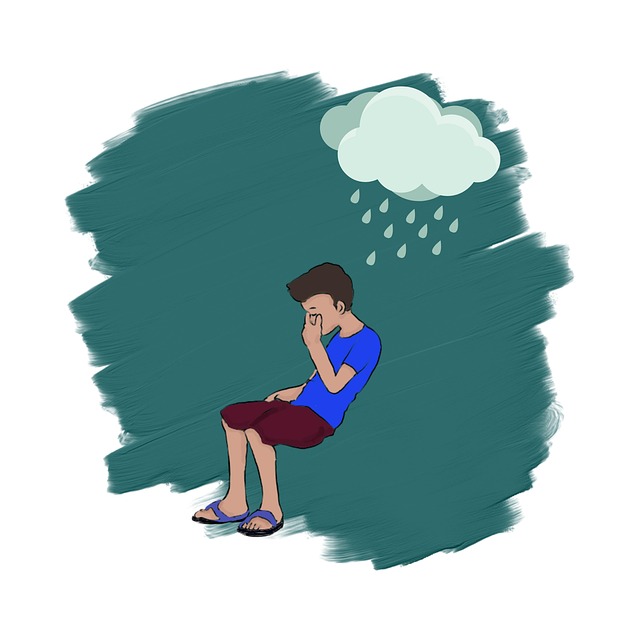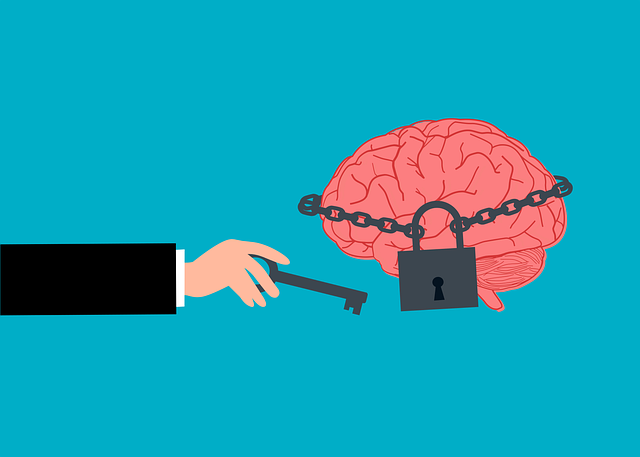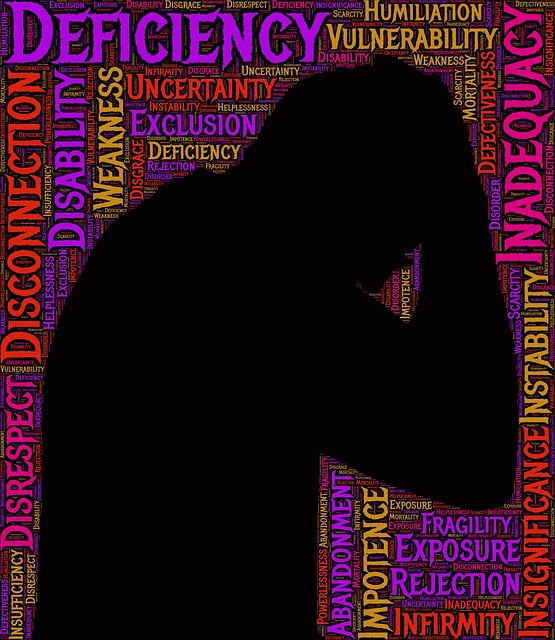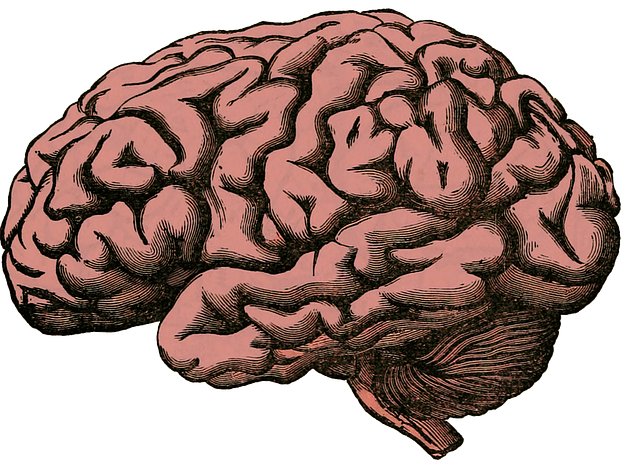Longmont First Responders Therapy offers specialized support for anxiety disorders, combining traditional CBT with innovative techniques. Through risk assessment, cultural competency training, and mindfulness exercises, individuals gain tools to manage symptoms. This holistic approach addresses past trauma and environmental factors, empowering clients to develop coping strategies and enhance emotional well-being using evidence-based methods tailored to their unique needs.
Anxiety is a prevalent and complex emotion that can significantly impact daily life. In this article, we explore effective techniques for managing anxiety, ranging from understanding its intricate nature to implementing practical strategies. We delve into Longmont First Responders Therapy, a holistic approach gaining recognition for its capabilities. Additionally, discover cognitive behavioral techniques, lifestyle adjustments, and alternative therapies designed to reduce anxiety and promote overall well-being.
- Understanding Anxiety: Unraveling the Complex Emotion
- Longmont First Responders Therapy: A Holistic Approach to Management
- Cognitive Behavioral Techniques for Daily Coping
- Lifestyle Adjustments and Alternative Therapies for Anxiety Reduction
Understanding Anxiety: Unraveling the Complex Emotion

Anxiety is a complex emotion that affects individuals differently, often manifesting as a response to stress or perceived threats. Understanding this intricate emotion is the first step in managing it effectively. For many, anxiety presents as feelings of worry, fear, or unease that can range from mild discomfort to debilitating panic attacks. Longmont First Responders Therapy offers valuable insights and support for those grappling with anxiety disorders.
Through therapy sessions, individuals learn to identify triggers and develop coping skills, ultimately enhancing their ability to navigate anxious thoughts and behaviors. The process involves delving into the underlying causes of anxiety, which can stem from various factors such as past traumatic experiences, genetic predispositions, or even environmental influences. By participating in activities like risk assessment for mental health professionals, healthcare provider cultural competency training, and coping skills development, individuals gain valuable tools to manage their anxiety symptoms over time.
Longmont First Responders Therapy: A Holistic Approach to Management

Longmont First Responders Therapy offers a unique and holistic approach to managing anxiety, catering specifically to those who have experienced traumatic events or high-stress situations. This therapy recognizes that each individual’s path to anxiety relief is distinct, incorporating various evidence-based techniques tailored to their needs. By providing a safe and supportive environment, therapists empower clients to develop effective coping strategies, enhance emotional intelligence, and achieve better emotional regulation.
The program combines traditional therapeutic practices with innovative approaches, such as mindfulness exercises, cognitive-behavioral therapy (CBT), and exposure therapy. These methods are designed to help individuals process their experiences, reframe negative thought patterns, and gain a sense of control over their anxiety. The Mental Wellness Podcast Series Production often features experts discussing topics related to emotional well-being, offering valuable insights that complement the therapeutic journey. Through this comprehensive approach, Longmont First Responders Therapy aims to not only manage but also transform anxiety into a manageable aspect of life.
Cognitive Behavioral Techniques for Daily Coping

Cognitive Behavioral Techniques (CBT) offer practical strategies for individuals seeking to manage and overcome anxiety on a daily basis. This evidence-based approach focuses on identifying and challenging negative thought patterns, replacing them with more realistic and positive ones. By learning to recognize cognitive distortions like all-or-nothing thinking or catastrophizing, individuals can gain a healthier perspective on situations that trigger anxiety. CBT encourages active coping skills such as deep breathing exercises, mindfulness meditation, and progressive muscle relaxation, which help calm the mind and body during anxious moments.
Longmont First Responders Therapy, for instance, integrates CBT techniques to support individuals who may be experiencing trauma-related anxiety or stress. By fostering emotional intelligence and promoting positive thinking, these therapies empower people to navigate challenging situations with resilience. The consistent practice of CBT strategies enables individuals to build confidence in their ability to manage anxiety symptoms, leading to improved overall well-being and a higher quality of life.
Lifestyle Adjustments and Alternative Therapies for Anxiety Reduction

In addition to traditional talk therapies like cognitive-behavioral therapy (CBT), Longmont First Responders Therapy offers innovative approaches to anxiety management through lifestyle adjustments and alternative treatments. Incorporating practices such as mindfulness meditation, regular physical exercise, and a balanced diet can significantly reduce symptoms of anxiety by promoting relaxation and improving overall well-being. These simple yet powerful tools empower individuals to take charge of their mental health.
Moreover, alternative therapies like yoga, acupuncture, and deep breathing exercises have shown promise in mitigating anxiety. Engaging in these activities stimulates the emotional healing processes, enhances coping skills development, and fosters social skills training—all crucial components in navigating and managing anxiety effectively. By integrating these holistic practices into daily routines, individuals can cultivate resilience and achieve a greater sense of calm.
Anxiety management is a multifaceted journey, as demonstrated by the diverse techniques explored in this article. From understanding the intricate nature of anxiety to adopting holistic approaches like Longmont First Responders Therapy, individuals now possess a robust toolkit for coping. Integrating cognitive behavioral techniques into daily routines, alongside lifestyle adjustments and alternative therapies, offers comprehensive solutions. By harnessing these strategies, one can effectively navigate and manage anxiety, leading to improved well-being and a more balanced life.














